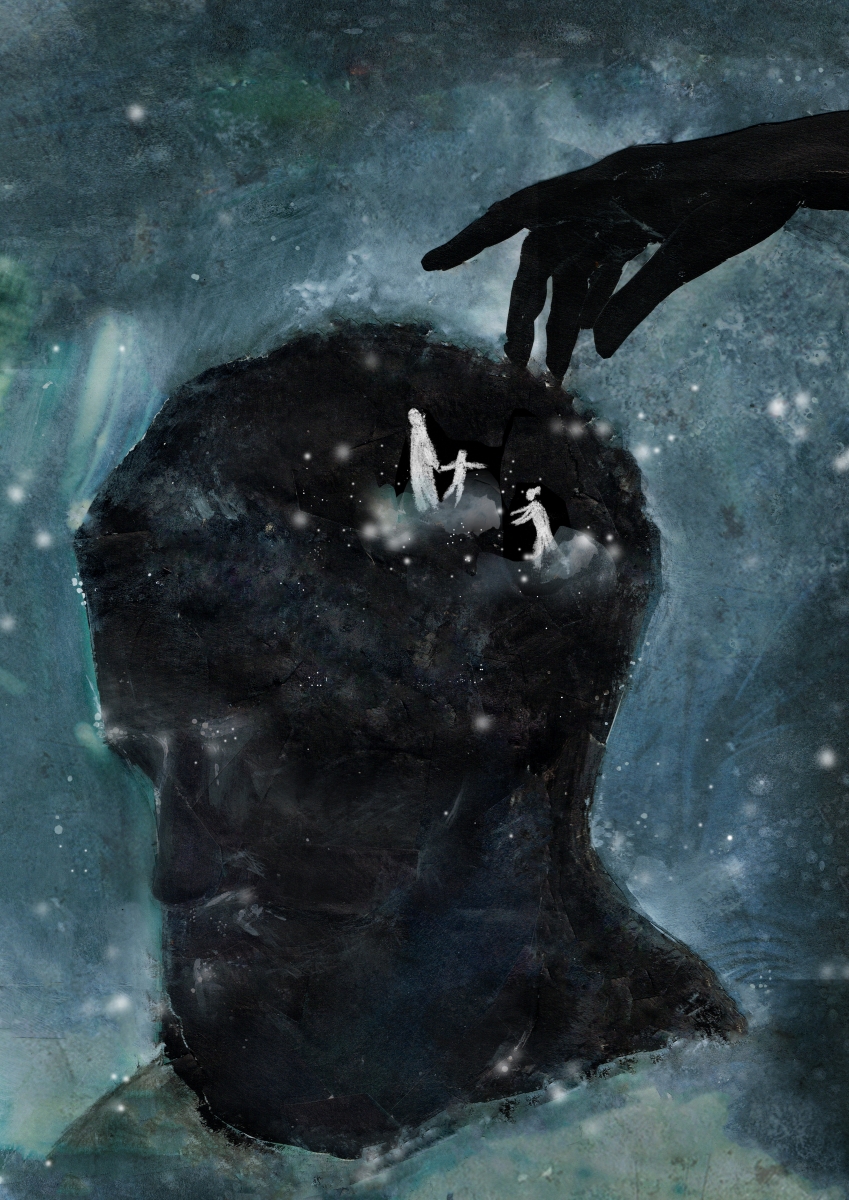Can you nonbelieve it: What happens when you do not believe in your memories?
Human memory is susceptible to errors and distortions. This may sound cliché (Loftus, 2005), but the practical meaning of this is illustrated by, for example, the devastating effects of mistaken eyewitness identifications (Sagana, Sauerland, & Merckelbach, 2012), the far-reaching consequences of innocents who falsely confess to crimes they never committed (Kassin & Gudjonsson, 2004), and the tragedy of adults who erroneously come to believe that they recovered very early memories of abuse experiences (Loftus, 1993). As for these alleged recovered memories: there was a fierce debateamong psychologists, therapists and even legal professionals in the 1990s (Howe & Knott, in press) about their authenticity, a debate that was even characterized as the “memory wars” (Patihis, Ho, Tingen, Lilienfeld, & Loftus, 2014). It took place against a background of hundreds of lawsuits by adults against their parents because of the alleged abuse memories from childhood that had been “recovered” during therapy in adulthood (Lipton, 1999). Some therapists and clinical psychologists argued that such recovered memories are essentially correct and surface after repression has been lifted due to therapeutic interventions (e.g., hypnosis, sedating drugs). Many researchers, however, contended that recovered memories might, in fact, be pseudo-memories produced by risky techniques such as hypnosis and guided imagery (Howe & Knott, in press; Lambert & Lilienfeld, 2007).
One group of individuals who are particularly interesting are those who previously claimed to have recovered a memory of a sexually abusive episode, but later retracted those claims (Ost, Costall, & Bull, 2002). Do these retractors still have “memories” of these abusive episodes? How do these retractors view their earlier experiences? One recent line of investigation that focused on memories and beliefs and how these are related to each other, might provide some clarification. Briefly, this research has revealed that under certain circumstances, people form memories of events but develop doubts about whether the events have actually occurred. Under these circumstances, people still report having vivid images and recollections of an event, but they do not believe that the event actually happened, turning them from false memories into nonbelieved ones.
Nonbelieved memories have previously been assumed to be an extraordinary rare phenomenon (Mazzoni, Scoboria, & Harvey, 2010; Otgaar, Scoboria, & Mazzoni, 2014). Below, we review recent research on nonbelieved memories and show that it has relevance to many areas in psychology (e.g., psychopathology, legal psychology). Before doing so, we will first explain what nonbelieved memories are and will then describe the methods that have been used to experimentally induce them in the lab.
Being Kidnapped and Bombed, but not Believing it
 'Unbelieved Memories' by Grace Alexandra Russell (http://www.gracerussell.co.uk/)For some time, scholars assumed that
nonbelieved memories are a rare phenomenon. Anecdotal descriptions of such memories have occasionally appeared in the literature. For example, the famous developmental psychologist Jean Piaget had a vivid
memory of a man attempting to kidnap him when he was two years old. He remembered and described the event in great detail including information that the perpetrator scratched his nurse’s face (Piaget, 1951). However, not until thirteen years later, Piaget’s former nurse confessed that it was she who had fabricated the event and fed the story to him. Piaget no longer believed that he was almost kidnapped as a child, but he could not stop having vivid visualizations and images of the fabricated kidnapping, as if it had still occurred.
'Unbelieved Memories' by Grace Alexandra Russell (http://www.gracerussell.co.uk/)For some time, scholars assumed that
nonbelieved memories are a rare phenomenon. Anecdotal descriptions of such memories have occasionally appeared in the literature. For example, the famous developmental psychologist Jean Piaget had a vivid
memory of a man attempting to kidnap him when he was two years old. He remembered and described the event in great detail including information that the perpetrator scratched his nurse’s face (Piaget, 1951). However, not until thirteen years later, Piaget’s former nurse confessed that it was she who had fabricated the event and fed the story to him. Piaget no longer believed that he was almost kidnapped as a child, but he could not stop having vivid visualizations and images of the fabricated kidnapping, as if it had still occurred.





